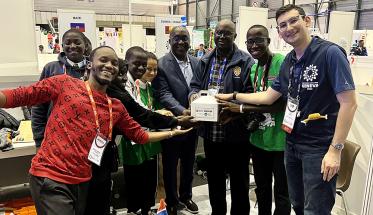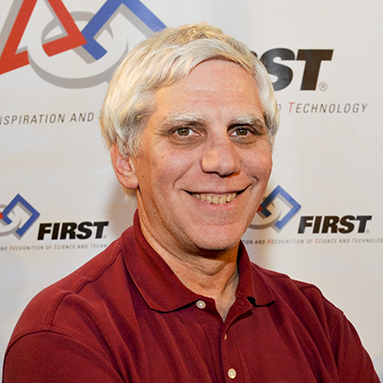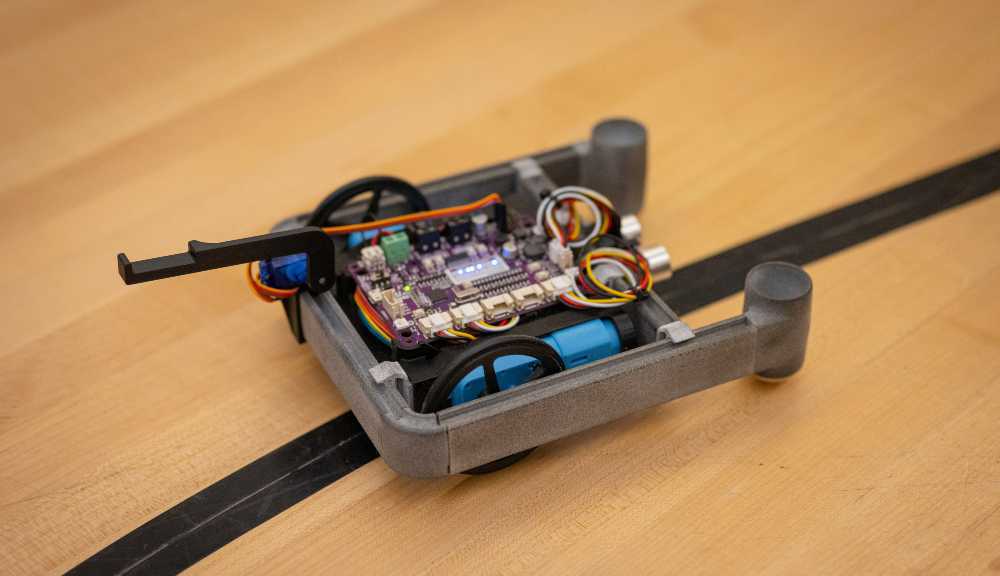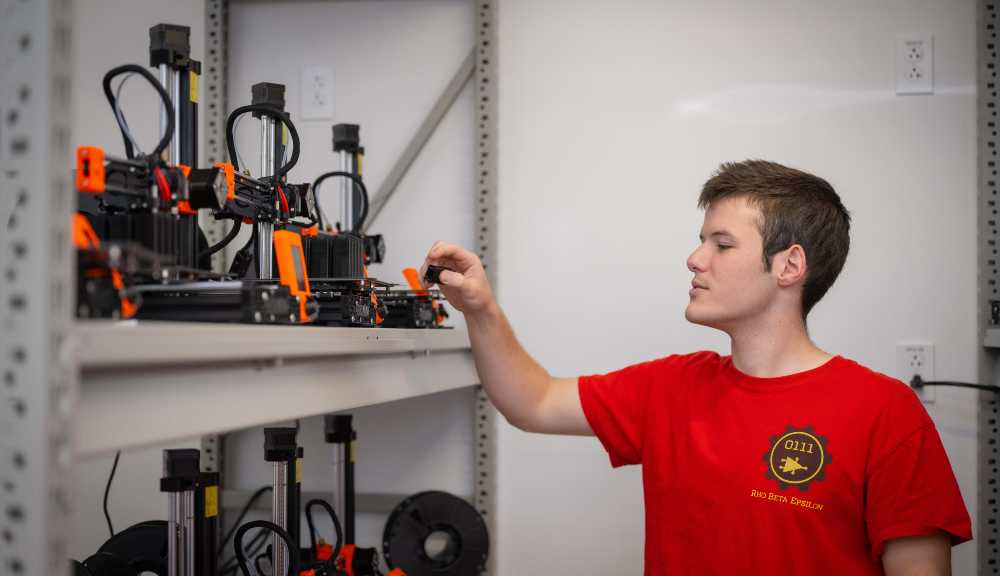It turns out that revolutions do happen in Switzerland, albeit peaceful ones that have the potential to change the world for the better. In this hub where international organizations, global leaders, and diplomats regularly create and deploy missions to benefit humanity, it became increasingly clear that making STEM education more accessible and equitable is critically important for the health and well-being of the planet and all its people.
But this clarity did not come to pass in a noble assembly hall or political office; it happened amid the happy chaos of a global robotics competition in what looked like an Olympic village for nearly 2,000 high school roboticists—as well as their mentors, educators, family members and even dignitaries.
On Thursday, October 13, in Geneva’s Palexpo, 185 teams representing 180 nations gathered to compete at the 2022 FIRST Global Challenge, but hours before the opening ceremony took place, a deceptively diminutive new robot made its global debut. Although the game-changing XRP (Experiential Robotics Platform) robots, developed by Worcester Polytechnic Institute and DEKA Research and Development Corp., are still in beta form, their powerful potential was clear, as was the international demand for them.
“We gave XRP beta kits to every competing team and asked them to share with other schools or organizations in their home country who are looking to implement or expand robotics programs, and within three days we discovered that the need for these kits already surpasses a million robots,” said Joseph Doiron, director of WPI’s new global STEM education initiative, assistant teaching professor in The Global School, and co-director of the Global Lab. “We left Switzerland with a long list of global partners—everyone from grassroots organizers to top officials of various nations and even an ambassador—all of whom see the tremendous potential of the XRPs and the great benefit of having WPI’s guidance and support. Not only that, but we’ve attracted interest from musician and philanthropist Will.I.Am, whose foundation helps transform lives through education.”






